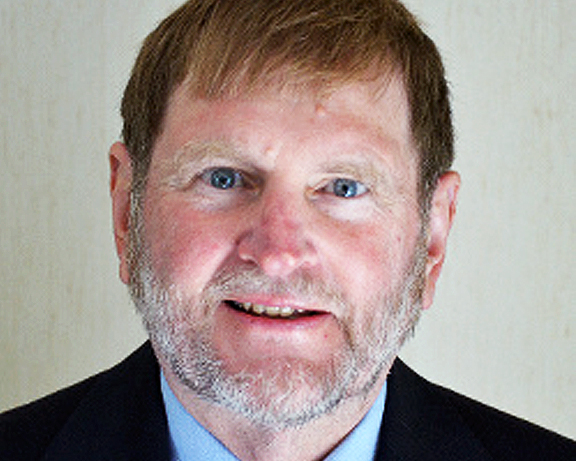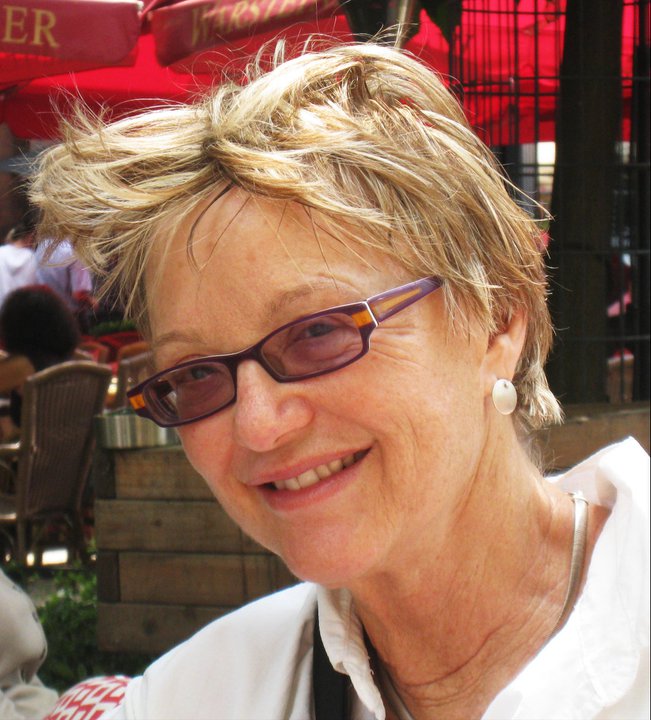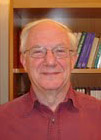Philip Martin
- Professor Emeritus
Background:
The EU’s migration crisis raises many issues, including:

Philip Martin received his degree from the University of Wisconsin-Madison in 1975. His research focuses on: immigration, farm labor, and economic development. Martin has earned a reputation as an effective analyst who can develop practical solutions to complex and controversial migration and labor issues.

Beverly Crawford (UCB) is co-director of the Institute for European Studies and an expert on Germany, who has also spent time with Syrian refugees in Turkey in 2015. She received her B.A. in German from Chapman College, her M.A. in International Relations from Boston University, and her Ph.D. in Political Science from UC Berkeley. She has written numerous papers about German perspectives and policies.

Michael S. Teitelbaum is a Senior Research Associate at LWP. He is a demographer, with research interests that include the causes and consequences of very low fertility rates; the processes and implications of international migration; and patterns and trends in science and engineering labor markets in the U.S. and elsewhere. He is the author or editor of 10 books and a large number of articles on these subjects.